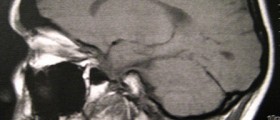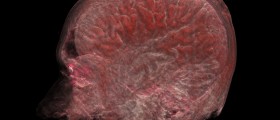
Narcolepsy
Narcolepsy is a chronic illness of the central nervous system (the brain). All patients suffering from this illness experience excessive sleepiness during the day (EDS). Narcoleptic patients may also suffer from cataplexy which is a sudden loss of muscle tone which causes the fall and injuries. Also, many of them experience hallucinations and paralysis that makes them unable to talk or move any part of their body. Some people suffering from this condition have reported sleeping problems and unconscious actions.
In some cases, patients complain about tiredness, memory and concentration problems or some other illnesses (seizures or mental illness). All of the mentioned symptoms might indicate the possibility of narcolepticcondition.
Narcoleptic disorder usually starts at teen age and equally affects both men and women. The first symptom to appear is excessive day sleepiness, which progresses over the years and includes other supportingsymptoms.
Most of the narcoleptic patients remain undiagnosed, but it is estimated that about 200.000 Americans suffer from this disorder.
Causes of Narcolepsy
The recent studies revealed that narcolepsy is associated with brain abnormalities in people suffering from this condition. These patients are proven to have some evident change in the hypocretin neurons, a group of neurons located in hypothalamus. Under the normal circumstances these neurons produce hypocretins. The abnormalities cause less hypocretin cells and lower levels of this hypocretin, which lead to development of narcolepsy.
Human leukocyte antigens (HLA) are proteins on the white blood cells (leukocytes). Their function is to assist in immune system and defend the body from infections. There is a theory that narcolepsy is actually an autoimmune disorder, which causes the loss of neurons and the illness. Normal, healthy cells get attacked and damaged by immune system. So far, the autoimmune theory remains yet to be confirmed.
One couldn’t say that narcolepsy runs in the families, but people having relatives suffering from sleeping disorders are certainly at risk of developing those and possibly narcolepsy. These potentially inherited sleeping problems include increased REM sleep and day sleepiness.
Scientific studies on animals (especially the dogs) have revealed that the mutation of a certain gene causes narcolepsy. That gene is normally synthesizing a receptor for the hypocretin. Also, scientists have established an evident pattern for inheritance of narcolepsy in animals.
These facts might lead to the conclusion that thalamus abnormalities might actually be the exact reasons for narcolepsy, and that inheritance does have a role in development of the condition.

















Your thoughts on this
Loading...